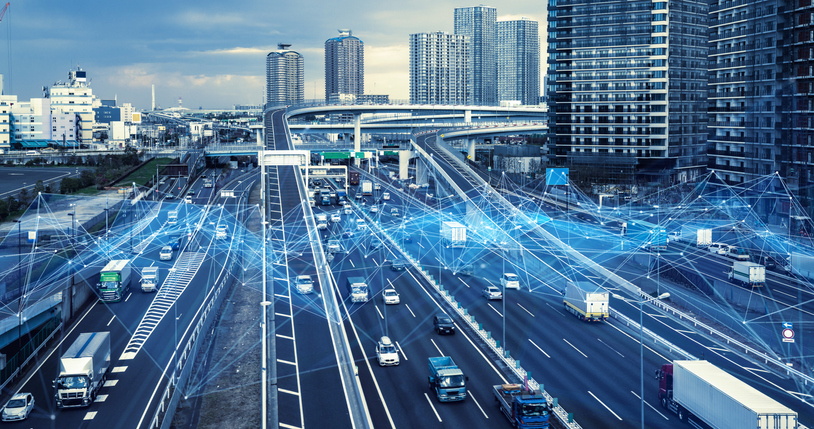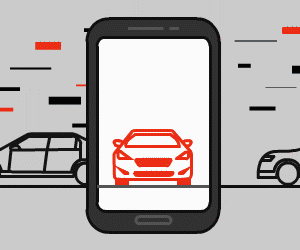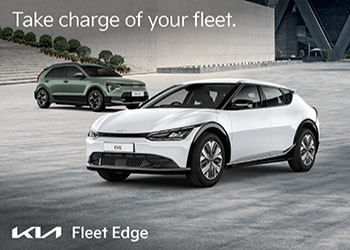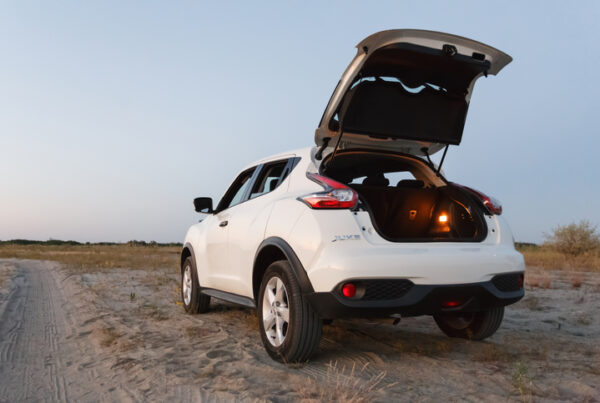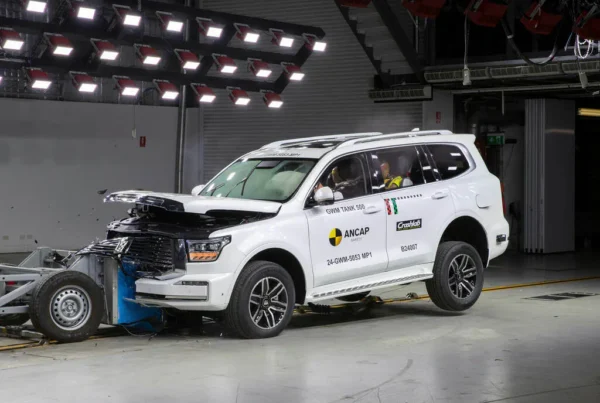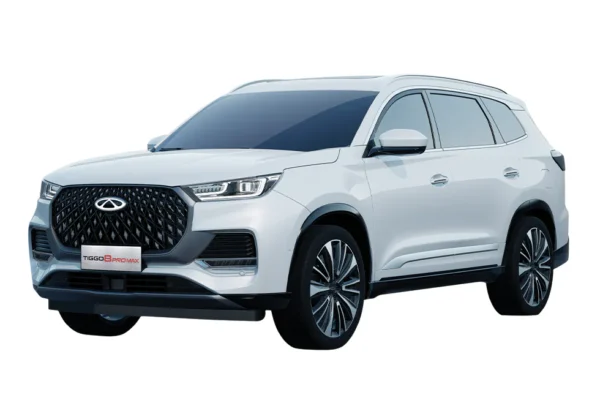Virtual Reality (VR) simulations are being used in the real world by vehicle manufacturers to train and develop autonomous vehicle artificial intelligence (A.I) and driver assistance features.
The technology taken from video games present manufacturers with the opportunity to develop autonomous vehicle safety and sensor systems, reducing the excessive amount of time and money it would take to achieve this without it.
The software and technology used in gaming is capable of creating an endless stream of possible situations and reactions on the road, teaching systems the appropriate response and ensuring the safety of passengers, pedestrians and other drivers.
Vehicle manufacturer Porsche has adopted the use of Game Engines for the virtual development and testing of highly automated driving functions. This shortens development times, saves costs and makes mobility safer.
“We use a wide variety of technologies to develop and test the intelligent and connected vehicle of tomorrow,” said CTO of Porsche Engineering, Dirk Lappe.
“Game Engines have a crucial role to play here, alongside artificial intelligence. They train driver assistance systems with synthetic sensor data. So every scenario and eventuality can be played out in detail.”
Algorithms which create safe driver assistance systems and autonomous vehicles require extensive testing and training in order to perfect the features. The safety of automated systems is often the biggest concern of buyers when considering the purchase of new vehicles. The integration of gaming engines and software during the development phase provides the chance for thorough exploration of multiple situations the vehicle and driver may experience and refine the technology ensuring the best possible outcome.
The future of transport and mobility are evolving beyond standard safety features we have seen in the past to become smarter and safer thanks to technology which would have been considered almost impossible decades ago.
“Software developers with a gaming background are shaping the future of mobility, as are mechanical engineers and AI experts,” said Dirk Lappe.
“The intelligent and connected vehicle is created by combining world-class automotive expertise with software expertise.”

